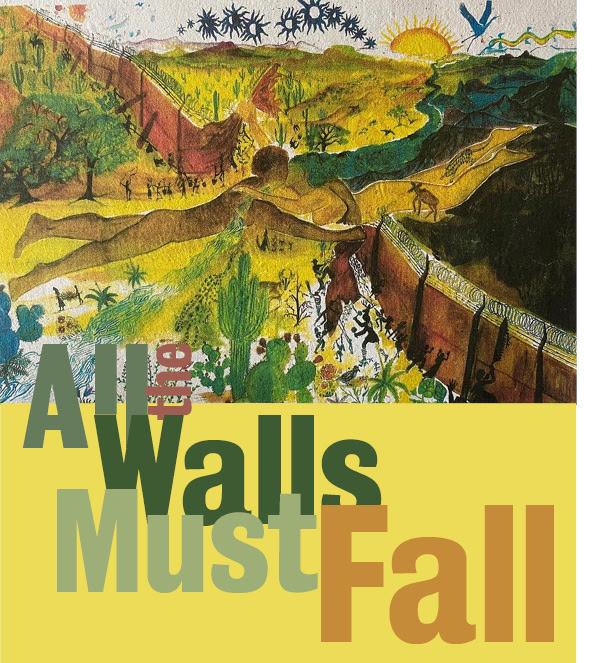The Russian invasion of Ukraine has shown the extent the U.S. can marshal its immigration resources to be a safe haven for those in need — when it wants to. In the month since the Russian invasion began, the U.S. has offered Temporary Protected Status (TPS) to Ukrainians, allowing those already here to remain without fear of deportation. The U.S. government also waived the Title 42 prohibition on seeking asylum for Ukrainians who present themselves at the border. And President Biden has pledged to take in 100,000 Ukrainians over the next several years.
- Home
- About Us
- Issues
- Countries
- Rapid Response Network
- Young Adults
- Get Involved
- Calendar
- Donate
- Blog

